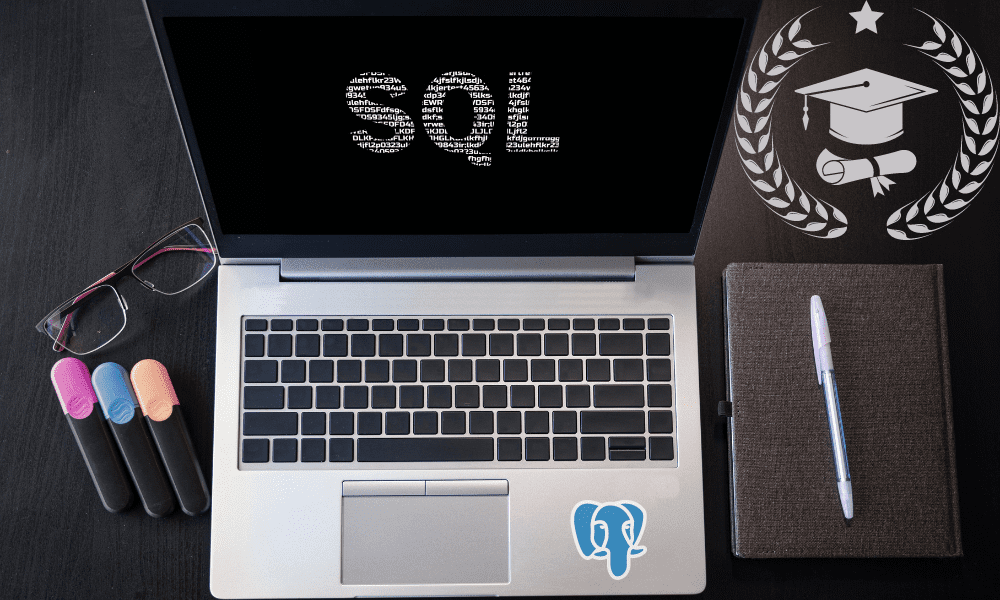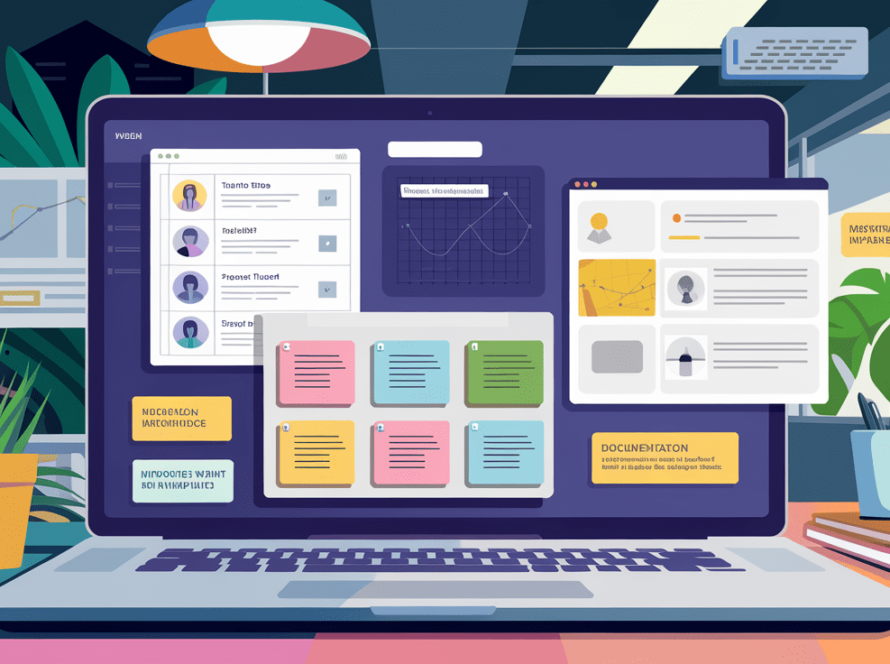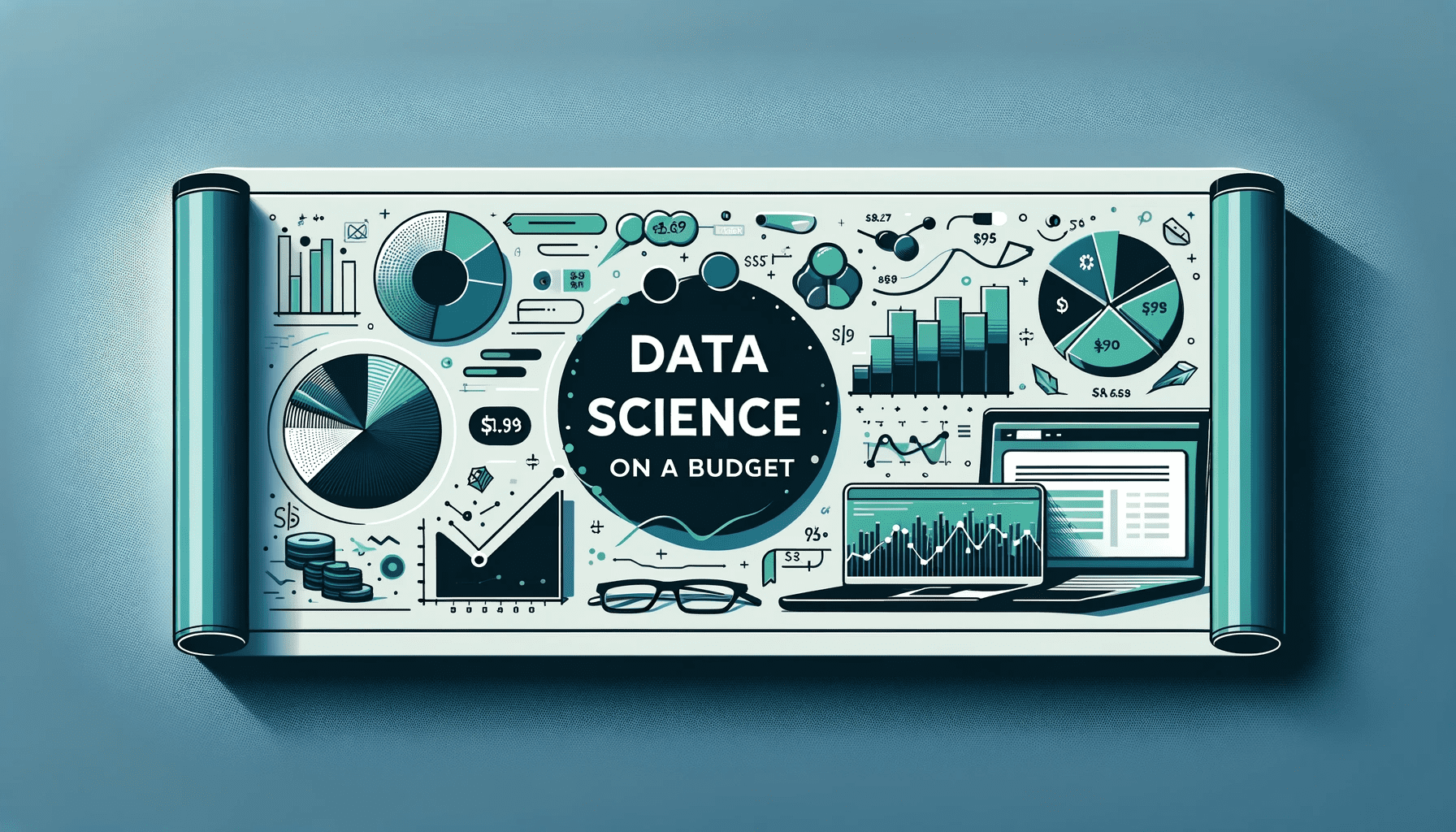
Image by Editor
SQL is a must-have skill for all data professionals. But achieving mastery in SQL is a continuous journey.
Here we’ve compiled a list of five super useful yet free SQL courses to help you learn and become proficient in SQL. These courses cover all the SQL you’ll need for data science: from the basics relational databases and SQL to NoSQL databases and more.
Whether you’re new to SQL or looking to brush up your SQL skills, these courses will help you level up. So let’s go over them!
Link: SQL Tutorial – Full Database Course for Beginners
This course introduces you to the basics of SQL and database management systems. You’ll learn about:
- CRUD operations
- Schema design
- Aggregation
- Nested queries
- Joins and Unions
- Functions and Triggers
- ER diagrams
Link: Mode SQL Tutorial
The SQL tutorial from Mode is one of the most comprehensive courses to help you learn how to query relational database tables using SQL and answer business questions.
This course is structured as a series of 4 modules:
- Basic SQL
- Intermediate SQL
- Advanced SQL
- SQL analytics training
In the Basic SQL module, you’ll learn and practice:
- SELECT, LIMIT, and WHERE clause
- Comparison and logical operators
- LIKE, IN, and BETWEEN operators
- IS NULL
- AND, OR, NOT operators
- ORDER BY
In the Intermediate SQL section you will learn about:
- Aggregate functions
- Group by and having
- Distinct
- Different types of joins
In the Advanced SQL module, you’ll learn the following:
- Data types: dates and strings
- Data wrangling
- SQL string functions and window functions
- Subqueries
- Performance tuning
You’ll then work on real-world case studies in the SQL analytics training module.
Link: Learn SQL Basics for Data Science Specialization
The SQL basics for data science specialization on Coursera will teach you almost all the SQL that you need in your data science career.
The following are the courses in the specialization:
- SQL for Data Science
- Data wrangling analysis and AB testing with SQL
- Distributed Computing with Spark SQL
- SQL for Data Science Capstone Project
Note: This specialization is offered on Coursera. So you can audit it for free. If you need a verified certificate, however, you should have a Coursera Plus subscription. You can also apply for financial aid if you are not able to pay for the certificate.
Link: NoSQL vs SQL – Which Type of Database Should You Use?
As a data scientist, you have to work with both relational and NoSQL databases. Before diving into NoSQL databases, it’s helpful to understand the characteristics of SQL and NoSQL databases and the use cases for each of these.
In this short course on SQL vs. NoSQL databases, you will get to explore the following:
- The characteristics of relational and NoSQL databases
- The need for NoSQL databases
- The pros and cons of each of these database types
- When to use RDBMS vs. NoSQL databases
Link: NoSQL Database Tutorial – Full Course for Beginners
In this short course on NoSQL databases, you’ll explore the different types of NoSQL databases and also work on projects. You’ll learn about:
- Why you should use NoSQL databases
- Tabular databases
- Document databases
- Graph databases
- Key-value databases
- Multi-model type
I hope you found this compilation of SQL courses for data science helpful. You can take all of these courses for free. But if you already have some familiarity with SQL, you can choose to work only through the SQL for data science specialization.
Bala Priya C is a developer and technical writer from India. She likes working at the intersection of math, programming, data science, and content creation. Her areas of interest and expertise include DevOps, data science, and natural language processing. She enjoys reading, writing, coding, and coffee! Currently, she’s working on learning and sharing her knowledge with the developer community by authoring tutorials, how-to guides, opinion pieces, and more.



